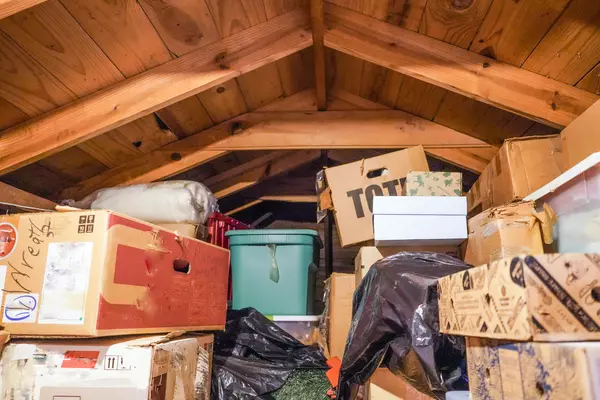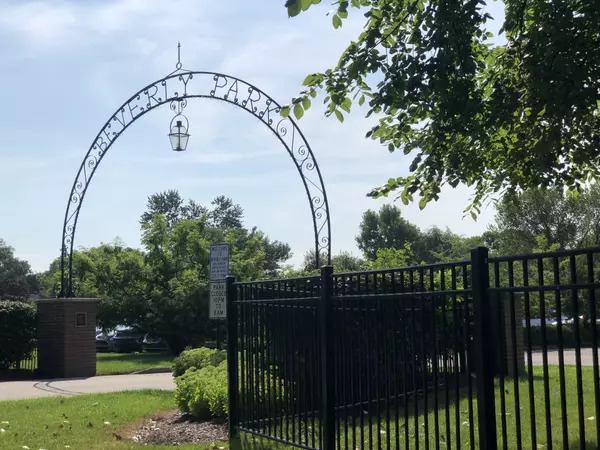

Unlocking Your Ideal Retirement: Independent Living, Assisted Living, or Aging in Place?
As we journey through life, our needs and desires evolve. It's essential to understand the different living options available as we age, ensuring we find a place where we feel comfortable, supported, and happy. If you're considering a move or simply exploring your options, understanding the differen
Read More

Declutter and Downsize in 3 Days
Are you contemplating downsizing within the next year? If so, decluttering is a crucial first step. Not only does it improve your home's aesthetics, but it also enhances mental clarity and overall well-being. This blog will guide you through a weekend of efficient decluttering, aimed at making your
Read More

5 Essential Insights Before You Downsize in Metro Detroit
As we journey through life, the idea of downsizing can become an appealing option for many seniors in Metro Detroit. Whether it’s to reduce maintenance, lower expenses, or simply embrace a lifestyle change, downsizing can offer a host of benefits. However, it’s not a decision to be taken lightly.
Read More

5 PItfalls of Hasty Downsizing: Why Slowing Down is Essential for a Successful Transition
In the world of home transitions, particularly when it comes to downsizing, timing is everything. The decision to move to a smaller space often comes with the promise of a simpler, more streamlined lifestyle. However, this very promise can lead to the single biggest regret many face: rushing the pr
Read More
Categories
Recent Posts










